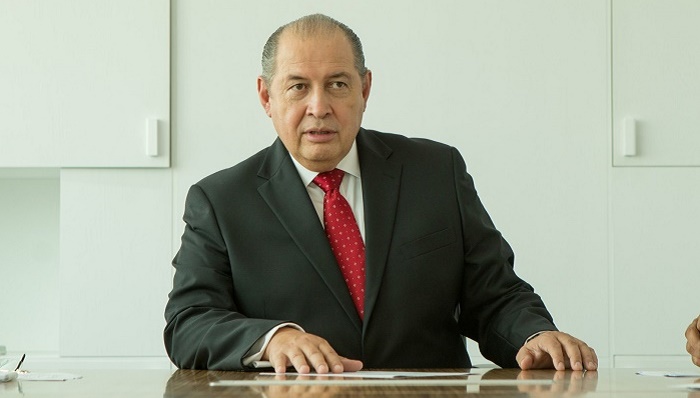
It started so well: you woke up in the middle of the night with a vision of starting your own business.
You were so excited, your ideas while not looking to change the world would finally allow you to develop a successful small business venture that would give you financial independence. So you hastily put together a business plan to show to friends and family. But to your surprise, no one would invest. You weren’t deterred: after all you had joined one of the most important clubs in the world economy, you were an entrepreneur. A member of an elite group of people that are change drivers and the backbone of some of the most powerful economies in the world.
Undeterred, you went to an SME organisation which made you feel more at ease and guided you through a series of mentorship programmes. Your business plan now had high-level terms such as competitive advantage, market share, and return on investment. Your financial numbers actually looked better and more polished, even if they were not more realistic. You wore your best clothes and went off to the banks. You got your bank loan, and you were now in business. 2019 was great…the business started to operate and while profits were not yet on the horizon, you knew that sooner or later, you could actually pay yourself a salary. Expectations were high, but in 2020, there came a ‘Black Swan’ event: the COVID-19 pandemic, which brought with it the school of hard reality and the lessons of business pain. A Black Swan in the business world is a rare and unpredictable event that is usually followed by severe consequences such as going out of business and bankruptcy.
Here is your first hard lesson as an entrepreneur: develop a defensive business and financial strategy so that you are better prepared for the unexpected. A strategy that considers cutting costs, diversifying your income streams, and making cash reserves a priority. Engrain yourself with more seasoned business people, those of us who have been through the school of hard reality, which teaches us that cash is king. I talk to a lot of young entrepreneurs, and while they have tried to cut costs and to diversify their income streams there seems to be a common thread: they can’t make their loan payments.
So here is your second hard lesson. Avoid debt. You would rather give up some ownership equity in your company than to take unforgiving debt. Companies have a life cycle that sees them go through the start-up phase, growth phase, mature phase, and the decline. It is hard to believe that even major brands will someday be thought of as a thing of the past. As a start-up, your company is characterised by terms such as the ‘idea moment’, the ‘product test moment,’ and guess what, the moments of unstable revenues and cash-flows.
When your revenues are unstable, you should consider debt only as a means of survival, if the terms can be restructured during a downturn, and only if your asset base is highly liquid. While there are many more hard lessons to be learned, it is important that you as a young entrepreneur assess the current situation from a higher perspective. Black Swan events affect all businesses, some will survive and others won’t. Remember the collapse of one of the largest investment banks in the US at the start of the global financial crisis? The plight of one of the largest automobile companies world-wide was so dire that they had to be saved from bankruptcy.
If a crisis can deeply affect large organisations and their armies of MBAs with their financial acumen, I would argue that maybe it’s not that your strategy, business plan, or even your management skills that are at fault. Some turbulent storms will overwhelm the sturdiest of ships. If your business is struggling or is maybe one of the many casualties of the pandemic, take solace in the knowledge that many great businesses have blossomed by not giving up even after initial failures. Your business idea may still be good or even great, it just hasn’t been given the opportunity to be tested under normal conditions. My recommendation is to be better prepared, study the investors’ appetite and criteria for a better future equity pitch, always have a defensive strategy ready for implementation, and above all, never give up your dream.
Jose Lora is a business and financial strategist with over 40 years’ experience in identifying and developing successful investment opportunities. In Oman since 2007, and trusted advisor to high net worth individuals, government, and leading business groups on investment management and complex real estate investment strategies.